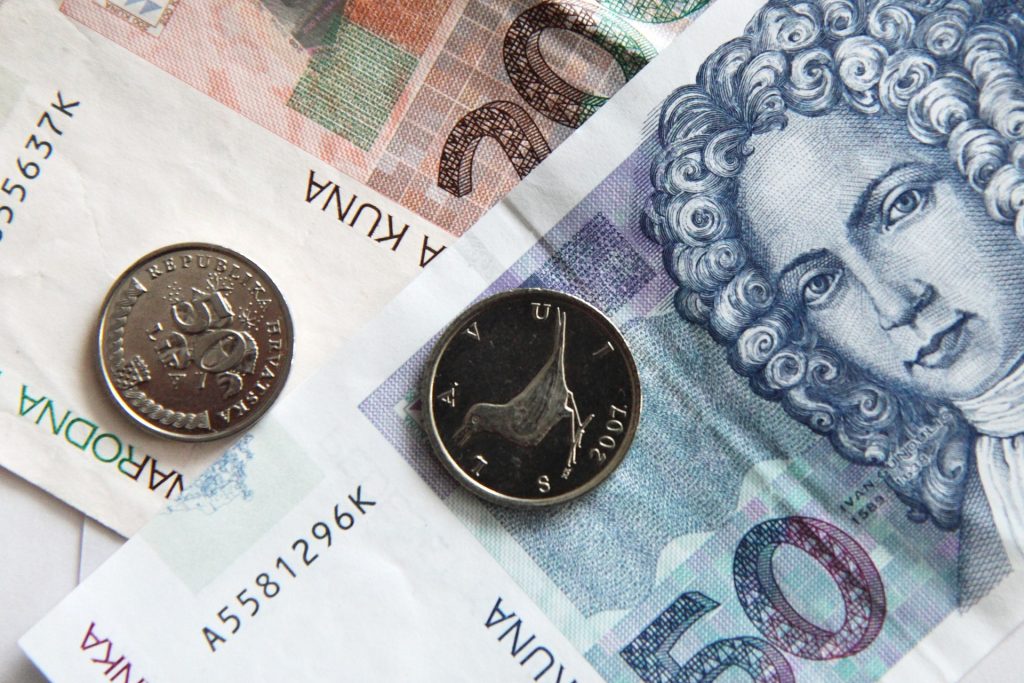September the 6th, 2023 – Croatia adopted the euro on January the 1st, 2023, sending the kuna to the history books. As expected, Croatian exchange office business has taken a nosedive. Many put the keys in their locks forever shortly after Eurozone accession.
As Jadranka Dozan/Poslovni Dnevnik writes, before Eurozone accession on the first day of this year, summer was traditionally the time of the main “harvest” for almost every Croatian exchange office. As one of the implications of adopting the euro as its official currency, the loss of banks’ income from foreign exchange operations, which was estimated to stand at around 1 billion euros per year, was often highlighted.
However, the banks themselves pointed out that the benefits of replacing the former domestic currency (kuna) with the euro are far greater for them, as well as for the Croatian economy as a whole.
Dollars, Pounds, francs and Bosnian marks
Due to ongoing inflation and the response of the Central Bank’s monetary policy (more specifically the increase in reference interest rates), the benefits turned out to be significantly greater than their initial expectations.
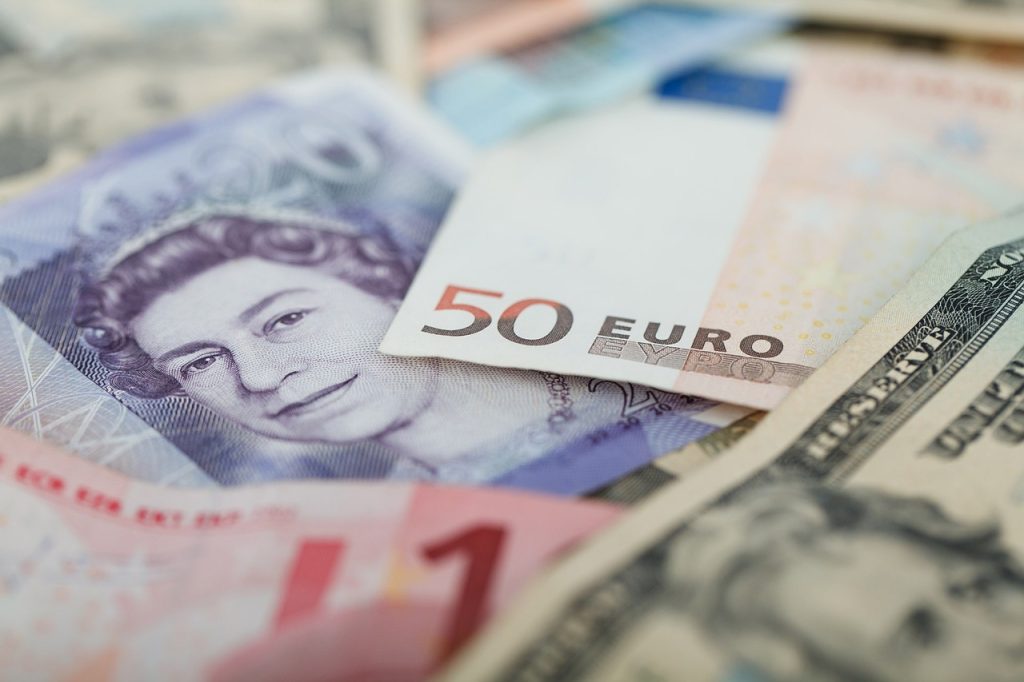
At the same time, for many authorised Croatian exchange offices, with an almost record 29 billion kuna or 3.85 billion euros in total exchange turnover last year (after 25 billion kuna the year before) – this was also a final gesture of sorts. For a long time, it was assumed that the switch to the euro would mean a shutdown of business operations for those for whom it was not just an incidental, side job.
The Croatian National Bank’s data on this year’s exchange turnover only confirms the “decimation” of turnover after the euro and kuna cash exchanges, which carried the bulk of exchange transactions. This has all but entirely disappeared. Croatian exchange office turnover over the first seven months of this year fell even more than the amount of sales and purchases of euro cash in the comparable period last year.
The total turnover of Croatian exchange offices by the end of July amounted to 164.3 million euros, while at the same time, back in 2022, it exceeded a massive 2.14 billion euros. Of this total seven months of turnover last year, almost 1.84 billion euros or 86 percent were related to sales and purchases of euros. All other currencies (about 20 of them in total) generated a total of about 300 million euros.
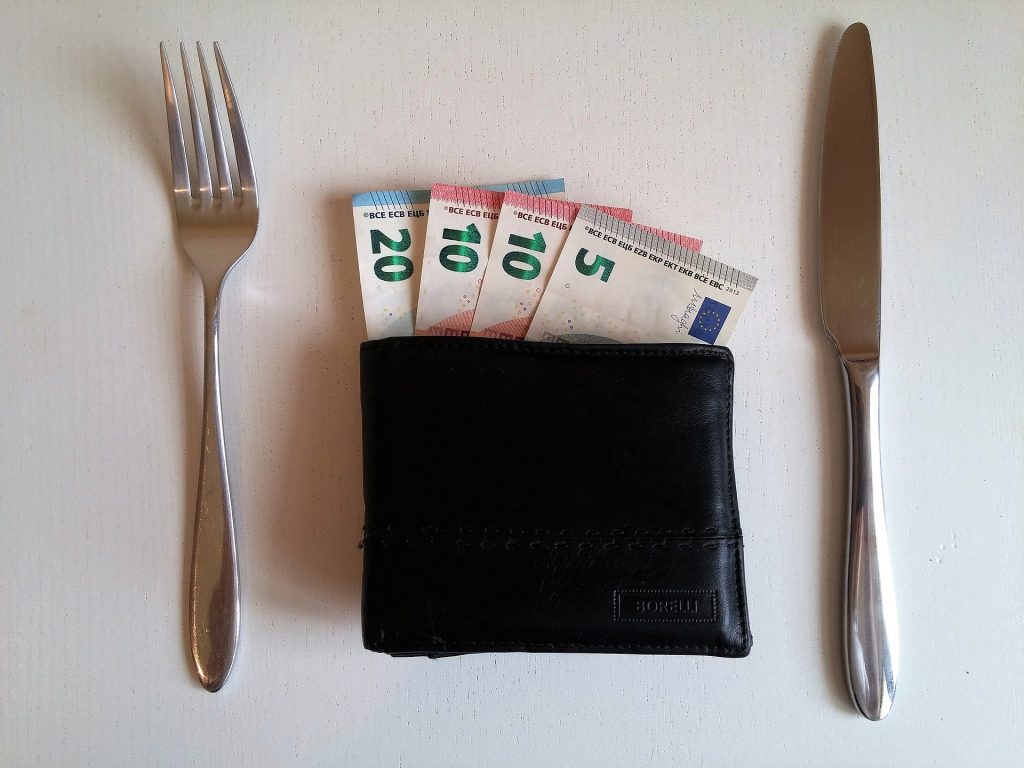
Looking at all of the aforementioned, even if the conversions of euros into kuna and kuna into euros are excluded from last year’s figures, this year’s exchange turnover has been almost totally halved. These deals are now dominated by the purchase and sale of the US dollar, which by the end of July accounted for more than half of the turnover, or 86.5 million euros in total. This, however, is significantly less than the exchange turnover with US dollars back during the observed period last year, when conversions of those dollars brought in more than 148 million euros of turnover.
The same is the case with several other currencies. In addition to the USD, the most represented conversion currencies today are the Swiss franc (CHF), the Bosnian convertible mark and the British pound. In the case of CHF, the turnover in the first seven months of 2023 exceeded 35 million euros, compared to 81 million euros, which were handled by money changers back during the same period in 2022.
As for Bosnian convertible marks, back during the same period last year in the Republic of Croatia, the convertible mark was the subject of conversions worth almost 20 million euros. This year, it hasn’t even reached 10 million euros. The decline in exchange turnover for the British currency (sterling) is somewhat smaller; 7.9 against 14.3 million euros.
Perceptible reductions in purchases and sales have also been clearly recorded for the Australian and Canadian dollars and the Swedish krona, which are also some of the ten most represented currencies in the exchange business in Croatia. This trend is probably only partially explained by the growth of the share of non-cash payments compared to those still carried out with physical cash.
What about the Hungarian forint?
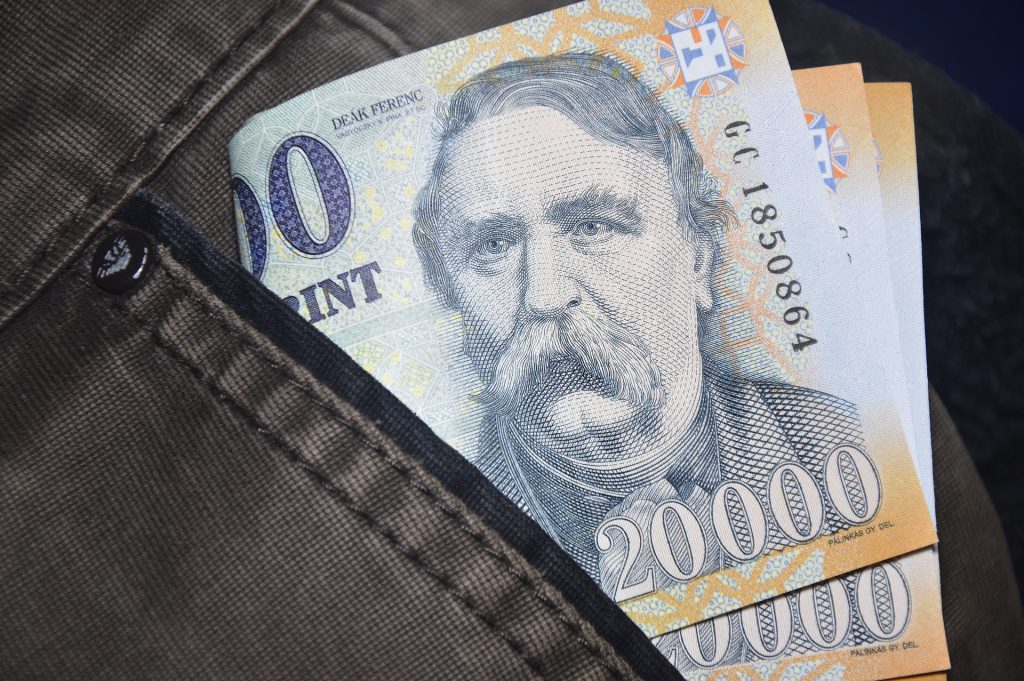
Only the Hungarian forint (HUF) is an exception, with a slightly higher value of sales having been made so far in 2023 than last year. With an increase from 5.5 to 6 million euros, the HUF became the fifth most represented currency in exchange transactions performed by Croatian exchange offices.
More licenses have been withdrawn than granted
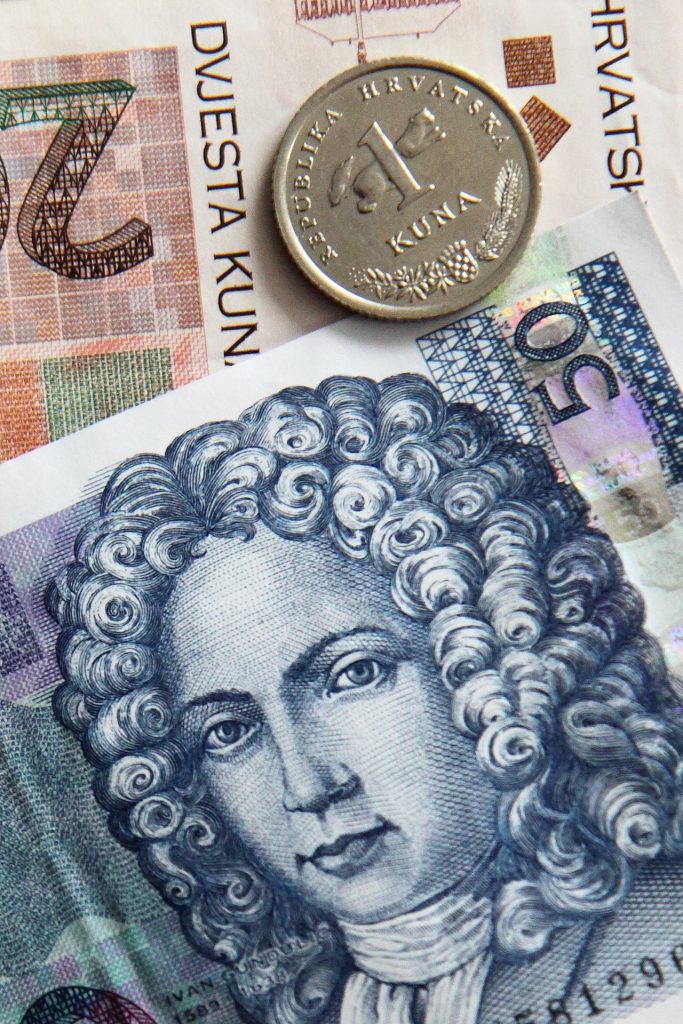
As the euro-introduction project is a multi-year process, and the date of its introduction was known months before it finally occurred, the interest in obtaining the license of an authorised money changer began to decline much earlier. This was especially true for those for whom it was (was) their primary economic activity.
According to CNB data, this year only five authorisations were issued for foreign exchange operations, while about 40 were revoked. Last year, significantly more licenses were withdrawn (more than 40) than issued. The updated list of legal entities and trades that have been granted approval includes 309 money changers.
In the annual report of the CNB for 2022, it is stated that during the past year, the CNB issued a total of 12 authorisations for the performance of foreign exchange operations and 46 decisions on confiscations. 47 terminations of validity of authorisations “by force of law” were also recorded, most often due to de-registration from the trade register.
The CNB’s report also states that at the end of last year there, were a total of 1,065 authorised money changers operating in Croatia to whom the CNB issued approval to perform these operations, among which about 750 actively provided the service of exchanging foreign cash, either throughout the year or seasonally. Most of these Croatian exchange offices used to provide this service as part of a wider offer, i.e. as their secondary activity, and this feature is now even more pronounced.

